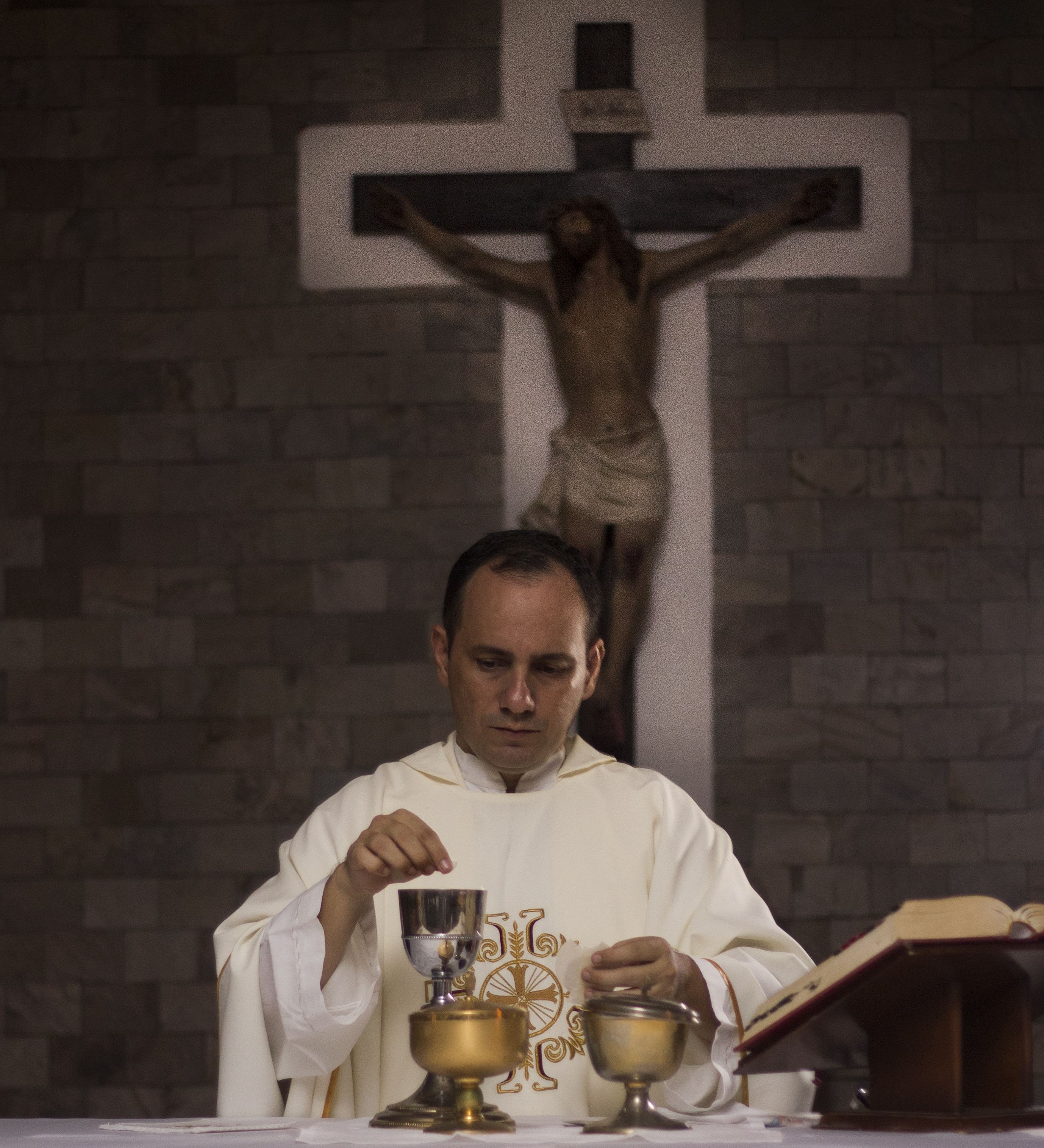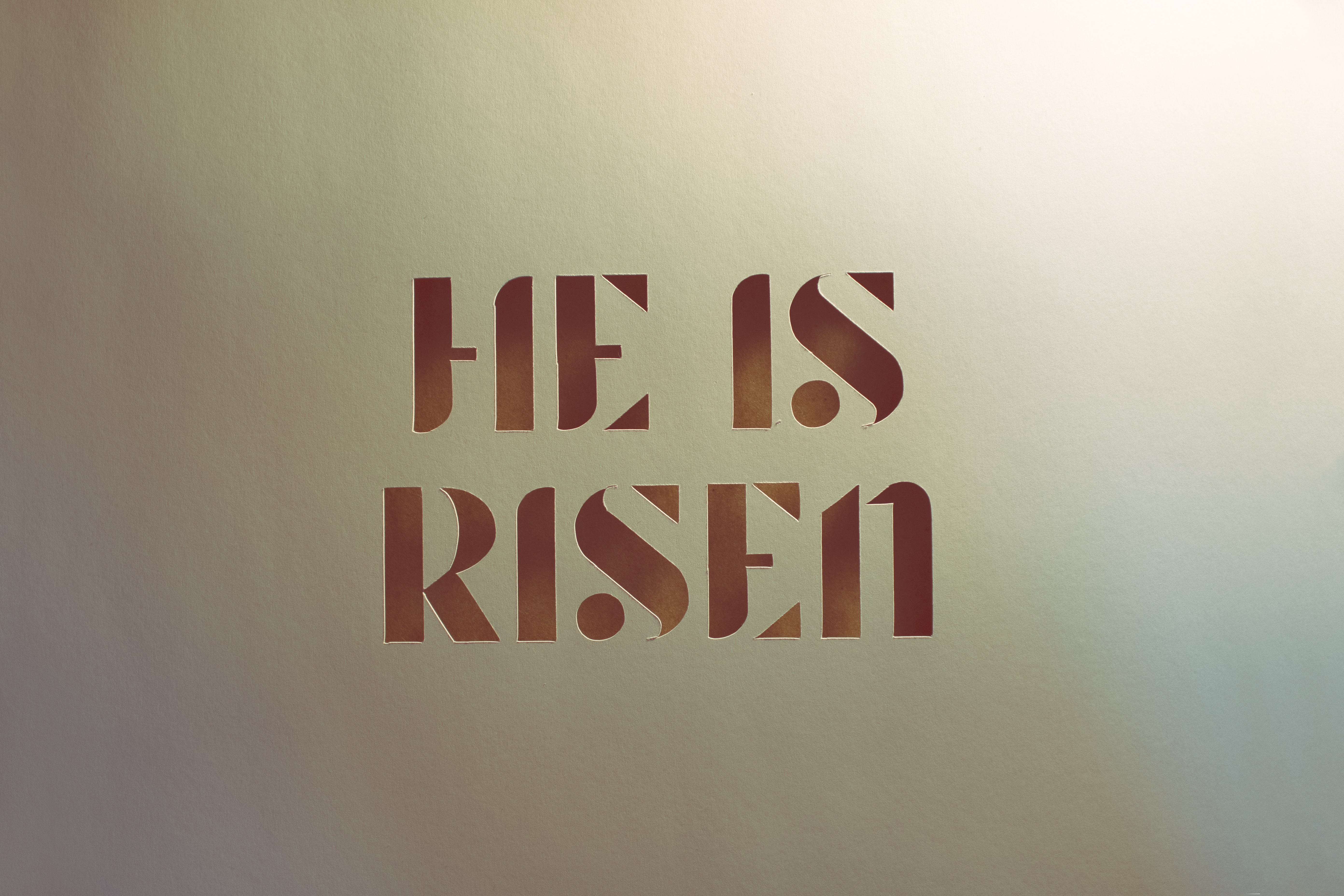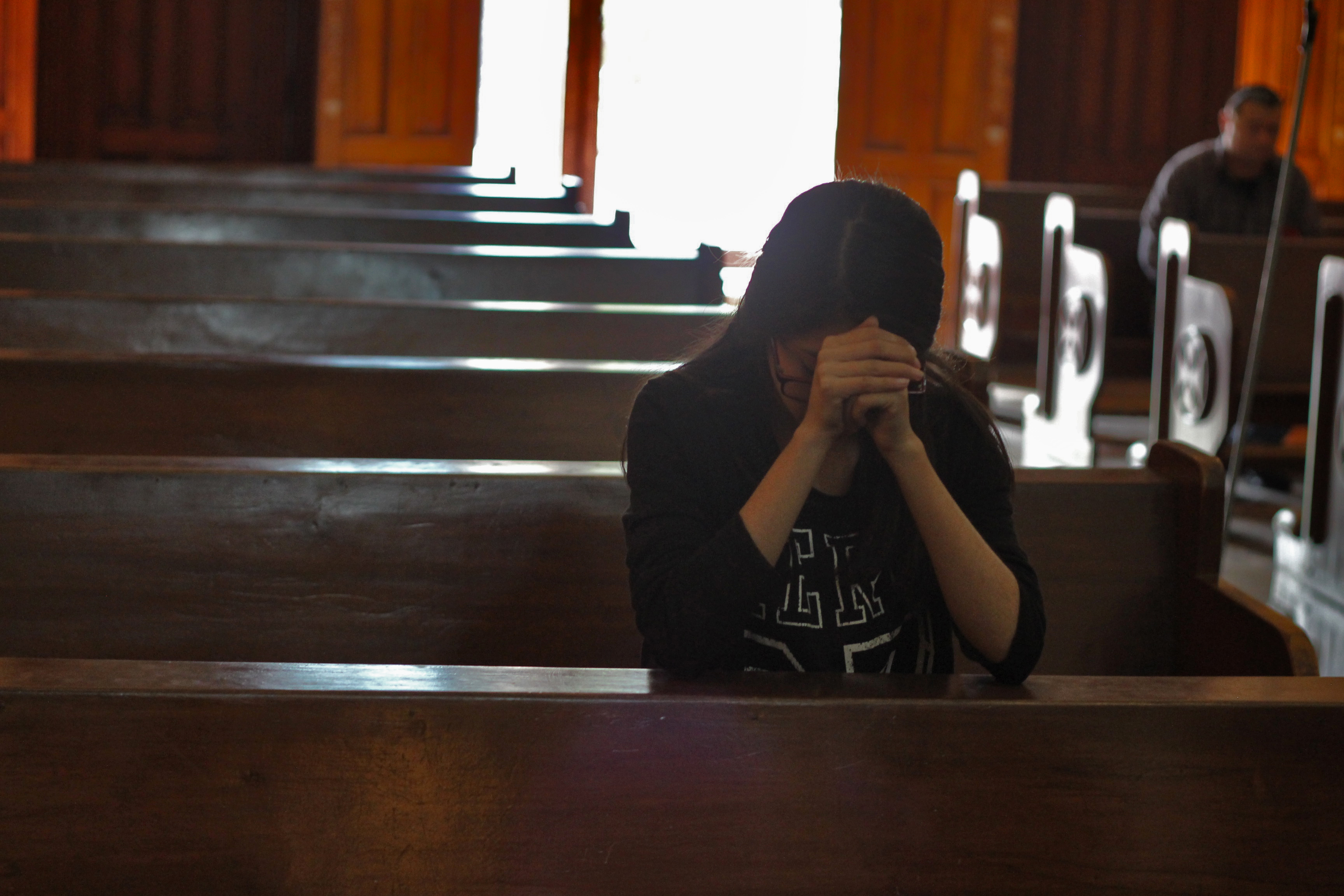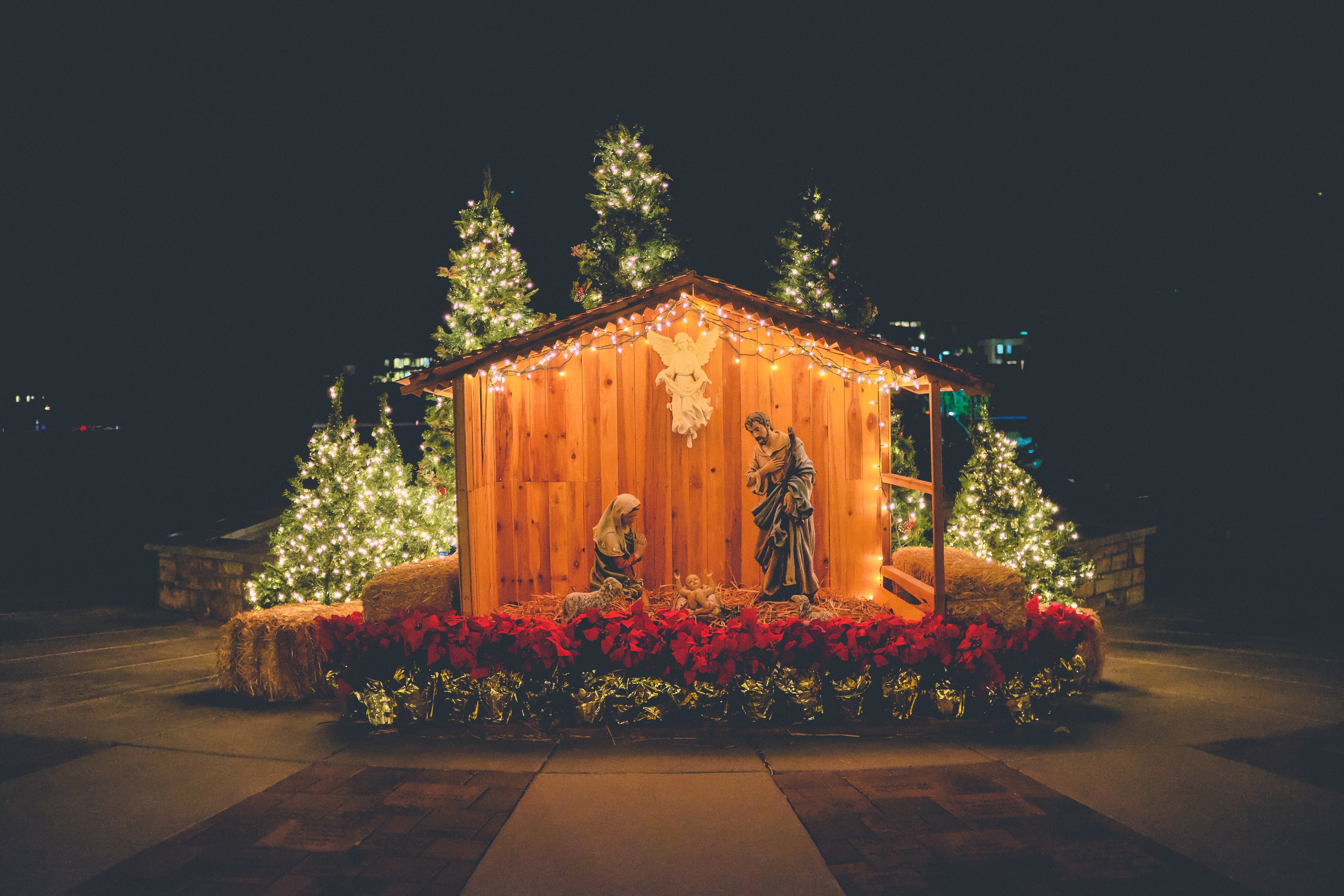Navigating the world and daily life is so very challenging. The pairing of today’s Scriptures is equally so: sheep and wolves, serpents and doves, the path of the just being straight while sinners stumble. The wise and the prudent understand these obstacles and traps. Contemplating and sifting through this imagery is hard. Being able to make a good choice or say the right thing in the moment is even more challenging.
Thank goodness you are not alone at any time or circumstance. God is always with you. The word of the Lord is written on your heart. Your ears hear His words every time you go to Mass. Your eyes absorb God’s words through the divinely inspired Bible and writings of the Magisterium of the Church.
I take comfort in the words Matthew recorded of Jesus’ teaching, “When they hand you over, do not worry about how you are to speak or what you are to say. You will be given in that moment what to say…. the Spirit of your Father speaking through you.”
My problem is being humble in the moment, allowing grace from the Spirit to flow through me. I must become small, literally get out of the way (letting go of a “know it all” attitude, being a bully, judgment, pettiness, anger and hurt) to speak of the truth at the core of the situation.
St. Veronica (of the veil) is celebrated this day. She showed tremendous courage and compassion to step through the crowd. Her action suggests the Holy Spirit led her to offer comfort to Jesus. Lord, may I be inspired to use my voice and words to bring truth and respect into the world. Amen.
Navegar por el mundo y la vida diaria es un gran reto. La combinación de las Escrituras de hoy es igualmente difícil: ovejas y lobos, serpientes y palomas, el camino de los justos es recto mientras que los pecadores tropiezan. Los sabios y prudentes comprenden estos obstáculos y trampas. Contemplar y evaluar estas imágenes es difícil. Ser capaz de tomar una buena decisión o decir lo correcto en el momento es aún más difícil.
Gracias a Dios, no estás solo en ningún momento ni circunstancia. Dios siempre está contigo. La palabra del Señor está escrita en tu corazón. Tus oídos escuchan Sus palabras cada vez que vas a Misa. Tus ojos absorben las palabras de Dios a través de la Biblia y los escritos del Magisterio de la Iglesia divinamente inspirados.
Me consuelan las palabras que Mateo documentó sobre la enseñanza de Jesús: “Pero, cuando los enjuicien, no se preocupen por lo que van a decir o por la forma de decirlo, porque en ese momento se les inspirará lo que han de decir. Pues no serán ustedes los que hablen, sino el Espíritu de su Padre el que hablará por ustedes.”
Mi problema es ser humilde en el momento, permitiendo que la gracia del Espíritu fluya a través de mí. Debo volverme pequeño, literalmente apartarme del camino (dejar de lado una actitud de “sabelotodo”, intimidación, juzgar, mezquindad, enojo y dolor) para hablar la verdad que se encuentra en el corazón de la situación.
Hoy celebramos a Santa Verónica (del velo). Ella mostró un tremendo valor y compasión al pasar entre la multitud. Su acción sugiere que el Espíritu Santo la llevó a ofrecer consuelo a Jesús. Señor, inspírame a utilizar mi voz y mis palabras para traer verdad y respeto al mundo. Amén.
 Beth Price is part of the customer care team at Diocesan. She is a Secular Franciscan (OFS) and a practicing spiritual director. Beth shares smiles, prayers, laughter, a listening ear and her heart with all of creation. Reach her here bprice@diocesan.com.
Beth Price is part of the customer care team at Diocesan. She is a Secular Franciscan (OFS) and a practicing spiritual director. Beth shares smiles, prayers, laughter, a listening ear and her heart with all of creation. Reach her here bprice@diocesan.com.
Feature Image Credit: Awmleer, unsplash.com/photos/two-white-doves-flying-6XcziMmkNgQ











